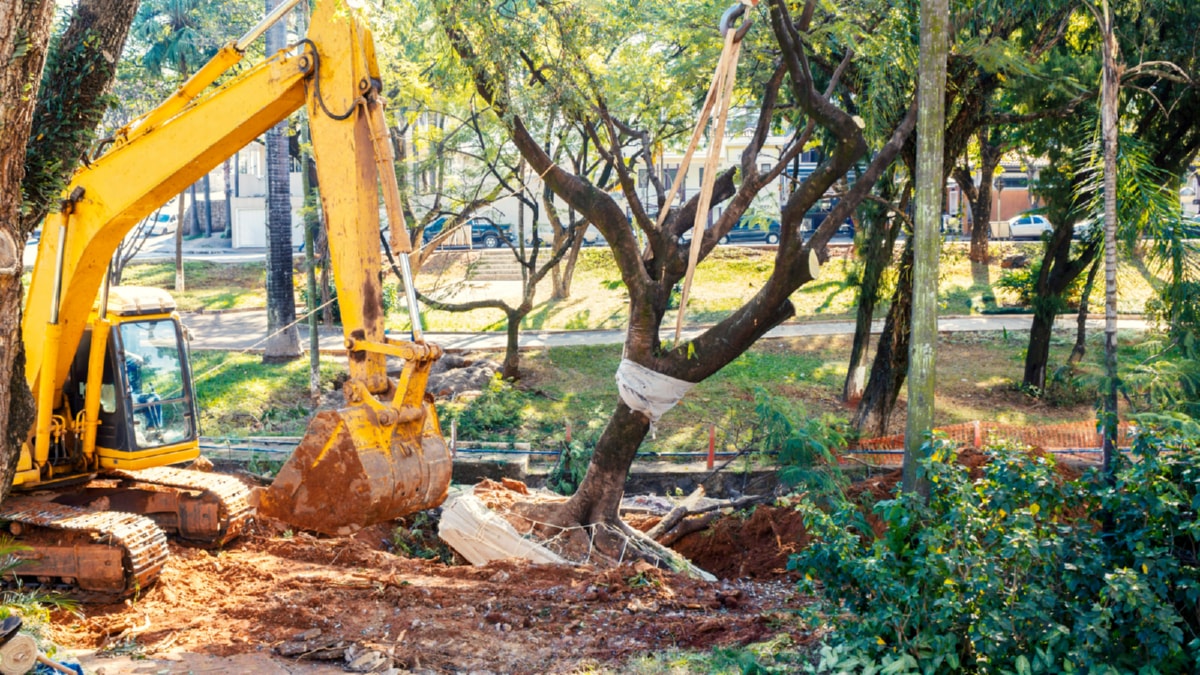Understanding the Basics of Construction Project Management
The realm of construction project management is intricate, yet vital in the world of building and infrastructure. Basically, it involves the planning, coordination, and control of a project from inception to completion. The goal is to meet the client’s requirements in order to produce a functionally and financially viable project.
Essentially, construction project management is about efficiently managing the four key components of any construction project: time, money, resources, and scope. Each of these elements is interlinked and changes in one aspect can impact the others.
Resources include everything from labor to materials, equipment, and technology. Managing these assets is about optimizing their use and avoiding wastage. Scheduling, on the other hand, is about creating realistic timelines and ensuring all tasks are completed on schedule.
Financial management includes estimating costs, setting budgets, controlling costs, and ensuring financial efficiency. The scope of the project outlines the project’s goals, deliverables, features, functions, tasks, deadlines, and ultimately the costs. It is the project manager’s job to maintain the balance between these four components and ensure the project’s success.
A successful construction project manager needs a wide range of skills. These include leadership, negotiation, problem-solving, interpersonal, and risk management skills.
Keeping up with the latest developments in construction technology is also important. New tools and techniques are constantly being developed, and these can help to improve efficiency, reduce costs, and enhance safety.
In conclusion, understanding the basics of construction project management is crucial for anyone involved in a construction project. It is a complex field, but with the right skills and knowledge, it can lead to a successful career.
The Significance of Safety Practices on Construction Sites
Safety is a paramount concern in any workplace, but it is especially significant on construction sites. With heavy machinery, high-risk tasks, and a constantly changing environment, construction sites can be potentially hazardous places. Therefore, implementing and following safety measures is not just a legal requirement, but also a moral obligation to protect the lives of workers.
Some of the most common hazards on construction sites include slips and trips, falls from height, moving objects, hazardous substances, noise, and vibrations. To mitigate these risks, it is essential to implement safety measures such as regular risk assessments, training, personal protective equipment (PPE), and emergency procedures.
Regular risk assessments involve identifying potential hazards, evaluating the risks, and determining appropriate controls. Training is also essential, as it equips workers with the knowledge and skills to work safely and respond to emergencies. Personal protective equipment (PPE) such as high-visibility clothing, safety footwear, helmets, and gloves protect workers from specific risks.
In conclusion, safety measures on construction sites are indispensable. They protect the lives of workers, prevent accidents, and contribute to a more productive and positive work environment. Therefore, every construction project should prioritize safety and ensure that all workers are well-protected.
For more details, check best Tarmac Contractors Kildare Galway Limerick Mayo Offaly or visit their Tarmac Contractors Kildare Galway Limerick Mayo Offalybusiness listing here.



